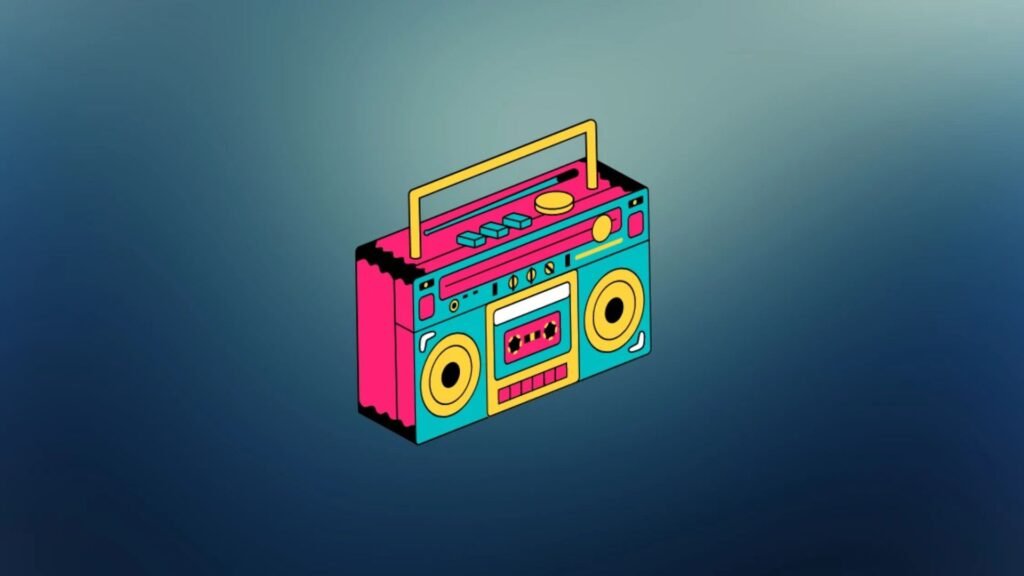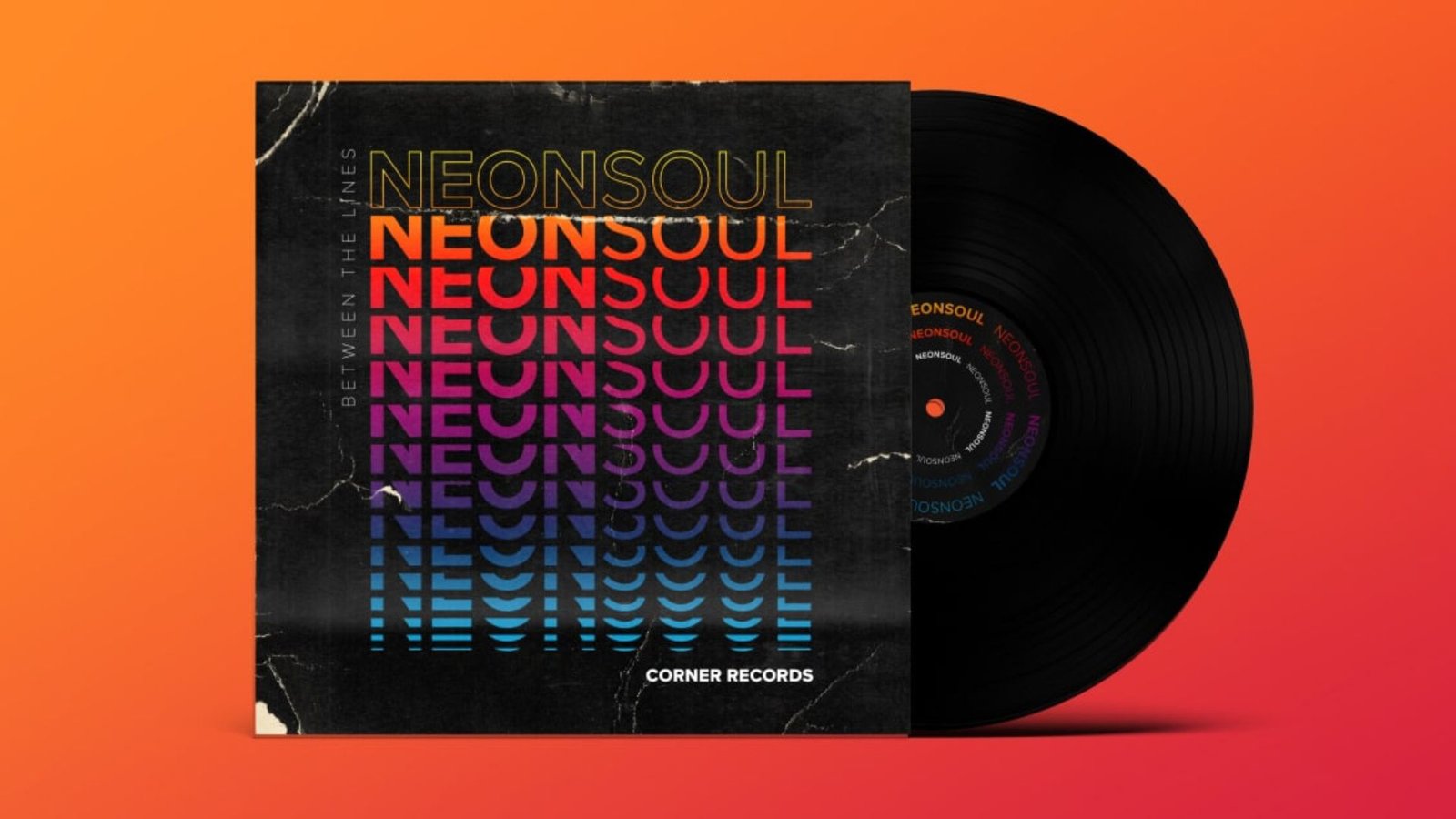How to Conceptualize and Plan Your First Album
- By -Alice Fossett
- Posted on
- Posted in Music Albums
Creating your first album is an exciting and sometimes overwhelming experience. Whether you’re an indie artist or a band, an album is a way to share your creative vision with the world. It’s more than just a collection of songs—it’s a cohesive project that tells a story, communicates emotions, and represents your artistic identity. So, how do you conceptualize and plan your first album in a way that reflects your true vision while keeping the process manageable? Let’s break it down step by step.

Define the Purpose and Theme of the Album
Before you start writing songs or recording, it’s important to define the purpose of the album and its central theme. This will help guide the creative process and give your album a sense of unity.
- Ask Yourself: What’s the Message?
Think about what you want to communicate through your music. Are you telling a personal story? Reflecting on a particular period in your life? Exploring a specific genre or sound? The more clearly you can define the purpose of the album, the easier it will be to shape its direction. - Consider a Concept or Story
Some artists prefer to create concept albums that revolve around a specific theme or narrative. This could be a single story that unfolds throughout the album or recurring motifs that tie the tracks together. For example, The Dark Side of the Moon by Pink Floyd or American Idiot by Green Day are iconic concept albums that have a clear, cohesive story or message. - Decide on Tone and Mood
Consider what emotional atmosphere you want your album to evoke. Do you want it to be upbeat and energetic or dark and introspective? Your album’s tone should align with the central message you want to convey.
Choose the Right Songs for Your Album
Not every song you write will necessarily fit into the concept or theme of your album. As you begin creating and writing new material, be selective about which songs will best represent the vision you’ve developed.
- Make a Song List
Start by listing all of the songs you’ve written so far and assess how they fit with the concept and mood of the album. Consider how each song contributes to the overall narrative or theme. Keep track of lyrics, melodies, and arrangements that align with the direction you want to take. - Think About Flow
An album is more than just a collection of songs—it’s an experience that takes the listener on a journey. Pay attention to the song order and how they transition. Consider how the tone of each song will flow into the next, and how the tracklisting will impact the emotional arc of the album. - Make Room for New Ideas
Don’t feel confined to only using old material. Your first album may also be an opportunity to write new songs that perfectly fit the album’s concept. If you’re missing a piece of the puzzle, don’t hesitate to write new tracks that help complete the picture.
Establish a Timeline and Budget
Creating an album is a significant time and financial investment. Establishing a clear timeline and budget will help keep you organized and ensure that you can complete the project within your means.
- Set Realistic Goals
Create a timeline that outlines when you plan to write, record, and release your album. Be realistic about how much time each phase of the process will take. Keep in mind that things rarely go according to plan, so allow some flexibility in your schedule. - Budget for Recording and Production
The costs of recording an album can vary depending on factors like studio time, musicians, and production quality. Determine what kind of budget you have to work with and allocate funds for things like studio time, mixing, mastering, album artwork, and marketing. If you’re on a tight budget, consider home recording or working with a producer who can help you maximize your resources. - Consider Time for Promotion
You also need time to promote the album before, during, and after its release. This includes planning a release strategy, creating social media content, and potentially booking a tour or live performances to support the album.
Conclusion
Planning your first album is an exciting, creative process that requires both artistic vision and strategic thinking. From defining your theme and choosing the right songs to managing your budget and promoting the final product, the album creation process involves many moving parts. The key is to stay true to your artistic vision while also being open to collaboration and feedback. With careful planning and a clear sense of direction, your first album can be a powerful reflection of your music, your message, and your journey as an artist.



